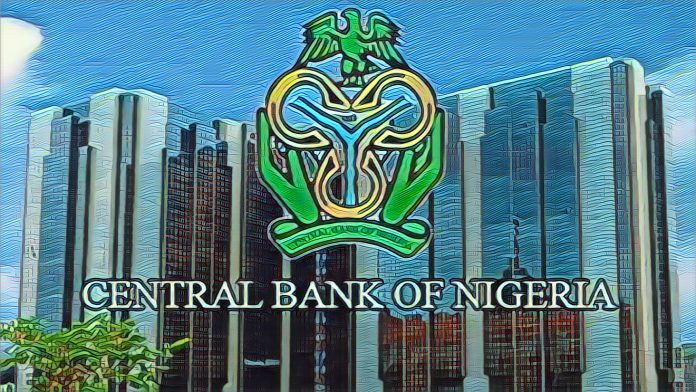KEY POINTS
- The Central Bank of Nigeria (CBN) is enhancing engagement with the Nigerian diaspora to support economic growth.
- New initiatives aim to increase remittance flows and encourage diaspora investments.
- CBN believes stronger diaspora ties will bolster foreign exchange reserves and national development.
The CBN has recently unveiled plans to enhance cooperation with the Nigerian diaspora with the view to improving remittances and direct investments from Nigerians in the diaspora. The CBN has embarked on the move in order to support national development and boost the foreign exchange reserves of the country amidst the prevailing economic challenges.
CBN’S strategy to boost up the remittance
The CBN’s initiatives are aimed at the large Nigerian diaspora population, which is believed to be among the largest in Africa and remittance is a significant part of Nigeria’s foreign exchange earnings.
To this end, the CBN seeks to optimize this revenue source for economic stability and for the millions of households it impacts in Nigeria through more efficient and aesthetically pleasing remittance processes.
As Tribune Online reported, the CBN has started programs that encourage the use of official transfer channels via formal remittance institutions while discouraging the anonymity behind remittance transactions.
This approach is also good for the economy and delivers the ideas of transparency and security to the financial operations.
Promoting diaspora investment for development
In addition to remittance, the CBN is also interested in mobilizing diaspora wealth to invest in direct investment in infrastructure, technology and business.
Through the new products, the bank seeks to enable the Nigerian diaspora to invest in sectors of the economy that will create employment and foster sustainable economic growth.
The CBN’s attempt to mobilize the diaspora also fits into Nigeria’s broader vision of economic diversification. These remittances are received in the country year in year out and offer a stable source of foreign exchange that can help to balance trade deficits and support the naira that has been under pressure due to changes in the global economy.
Possible economic consequences
If Nigeria begins to engage the diaspora in a better way, this can go a long way in plugging the forex fathom and fund important indices.
Therefore, through Targeted Foreign Remittances and Investments, the CBN plans of increased financial inflows for its finance of economic development and sustainable growth.
The effectiveness of these measures will therefore depend on the sustained cooperation between CBN, the financial institutions and the Nigerian expatriates.
While the CBN continues the process of adjusting the remittance laws and searching for new sources of investments Nigeria may steps up the stability and development with the help of its Diaspora.



